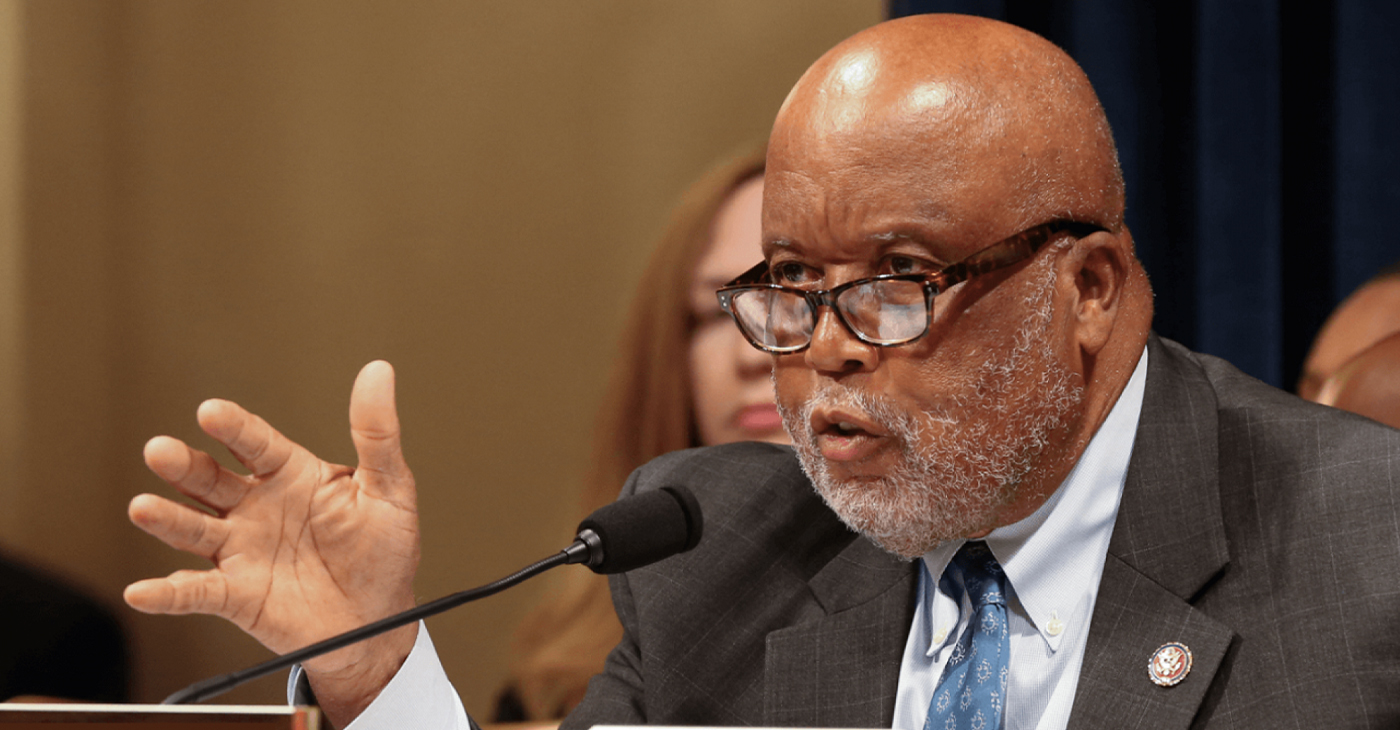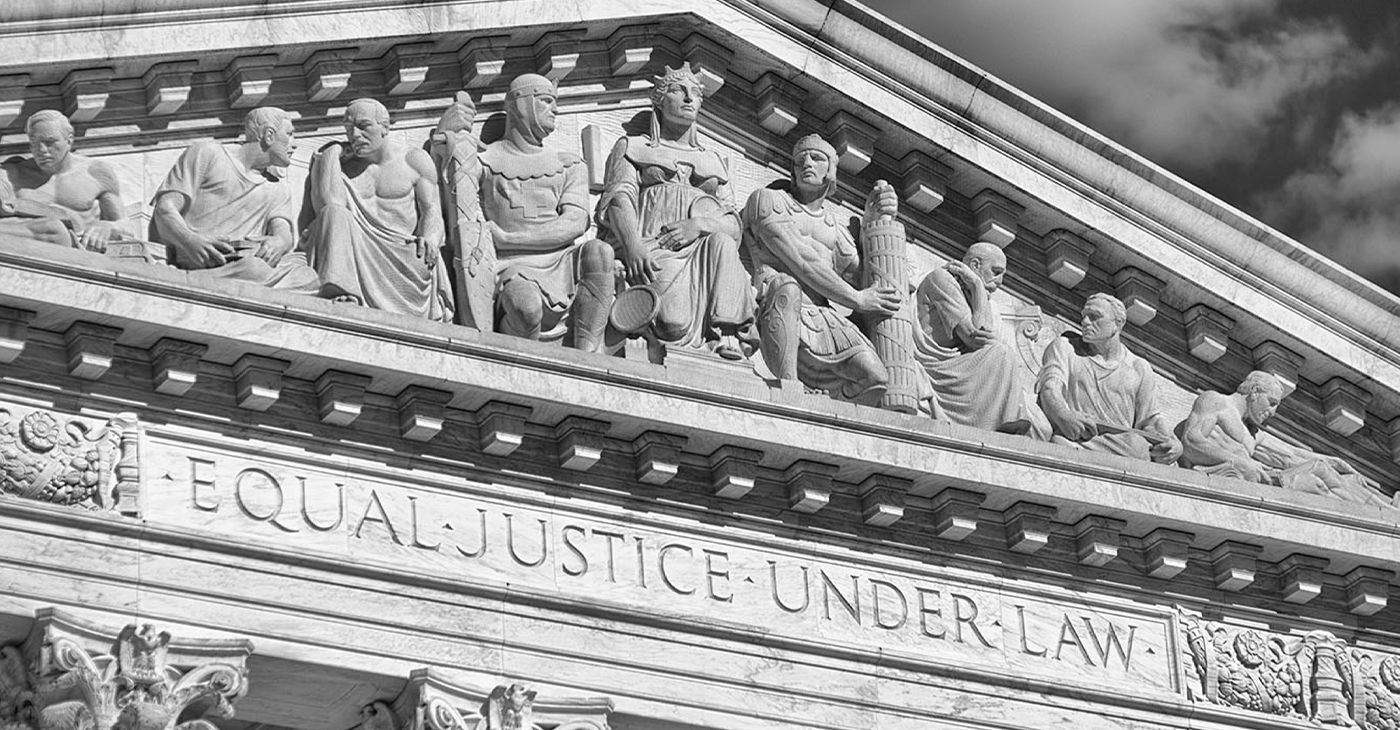Politics
US Counterterrorism Strategy in Yemen Collapses Amid Chaos

In this March 21, 2015, photo, Members of a militia group loyal to Yemen’s President Abed Rabbo Mansour Hadi, known as the Popular Committees, chew qat as they sit next to their tank, guarding a major intersection in Aden, Yemen. Once hailed by President Barack Obama as a model for fighting extremism, the U.S. counterterrorism strategy in Yemen has all but collapsed as the country descends into chaos, according to U.S. and Yemeni officials. (AP Photo/Hamza Hendawi, File)
JULIE PACE, Associated Press
KEN DILANIAN, Associated Press
WASHINGTON (AP) — Once hailed by President Barack Obama as a model for fighting extremism, the U.S. counterterrorism strategy in Yemen has all but collapsed as the country descends into chaos, according to U.S. and Yemeni officials.
Operations against militants have been scaled back dramatically amid the fall of the American-backed government and the evacuation of U.S. personnel. What had been consistent pressure on Yemen’s dangerous al-Qaida affiliate has been eased, the officials say, and a safe haven exists for the development of an offshoot of the Islamic State group.
It’s a swift and striking transformation for an anti-terror campaign Obama heralded just six months ago as the template for efforts to fight the Islamic State in Iraq and Syria. The shift has left Obama open to criticism that he failed to anticipate the risks of a light footprint strategy that aims to put fragile governments and beleaguered local security forces, not the U.S. military, at the forefront.
In response, administration officials argue that the U.S. has no choice but to rely on proxies in the terror fight if it wants to avoid American ground troops becoming bogged down as they did in Iraq and Afghanistan.
Yet Barbara Bodine, a former U.S. ambassador to Yemen, said even the most optimistic regional experts did not share Obama’s view in the fall that the Yemen campaign was a model of success.
“It was being defined in terms of what we were doing to develop local forces and use drones and counter the immediate and real security threat,” said Bodine, now director of the Institute for the Study of Diplomacy at Georgetown University. “But what we hadn’t done, certainly had not done visibly enough, was get at the economic and governance issues that were driving the problem.”
Since September, Houthi rebels linked to Iran have ousted President Abed-Rabbo Mansour Hadi and dissolved the parliament. Al-Qaida in the Arabian Peninsula (AQAP), which has been affiliated with some of the most serious attempted attacks on the U.S. since 9/11, has sought to exploit the chaos. Last month, the U.S. shuttered its embassy in the capital of Sanaa, and over the weekend the remainder of American military personnel withdrew from the south of the country.
“Certainly, repositioning our forces out of Yemen will make our fight against AQAP more difficult. There is no question about that,” Pentagon spokesman Col. Steve Warren said Tuesday.
Former CIA director Michael Hayden told Congress that U.S. intelligence relationships in Yemen “will erode over time because of our lack of physical presence in the county.”
Since Obama took office, the U.S. has poured millions of dollars into efforts to stabilize Yemen’s government and boost its security forces. Under Hadi, U.S.-trained Yemeni troops were mounting regular raids to kill and capture al Qaida militants, punctuated by occasional CIA drone strikes aimed at senior figures.
The strategy has been guided by the central tenets of Obama’s philosophy for fighting extremists overseas: targeting extremists from the air, bolstering the capacity of foreign governments and avoiding putting large numbers of U.S. military personnel on the ground in dangerous countries.
“It is the model that we’re going to have to work with, because the alternative would be massive U.S. deployments in perpetuity, which would create its own blowback and cause probably more problems than it would potentially solve,” Obama said in January as the situation in Yemen deteriorated.
Now, virtually all of the Yemeni troops that had worked with the U.S. are engaged on one side or another of a three-pronged political struggle between the remnants of the Hadi government, supporters of former President Ali Abdullah Saleh, and the Houthi faction, U.S. officials say. The officials insisted on anonymity because they were not authorized to speak by name about sensitive intelligence assessments.
CIA drone strikes will continue, the officials said, but there will be fewer of them. The agency’s ability to collect intelligence on the ground in Yemen, while not completely gone, is much diminished. There have been just four U.S. drone strikes reported in Yemen this year, according to Long War Journal, a web site that tracks the attacks. That is about half the pace that last year resulted in 23 strikes over 12 months.
What’s less clear is whether AQAP will be able to take advantage of the situation to renew its active plotting against Western aviation. The group has successfully put three bombs on American-bound jets, none of which exploded. In 2012, the CIA, along with British and Saudi intelligence services, used a double agent to obtain a new design by AQAP’s master bomb maker of a device made to slip past airport security.
On Capitol Hill, there was bipartisan concern about the intelligence gap that could be created by the tumult in Yemen and the withdrawal of American personnel.
“Good intelligence stops plots against the homeland,” said Rep. Michael McCaul, the Texas Republican who chairs the Homeland Security Committee. “Without that intelligence, we cannot effectively stop it.”
Rep. Adam Schiff of California, ranking Democrat on the House intelligence committee, said the drawdown of the American presence “does diminish our visibility into what’s going on there and given the concerns about what we have about AQAP and their bomb-making prowess, that’s a concern.”
___
Follow Julie Pace at http://twitter.com/jpaceDC and Ken Dilanian at http://twitter.com/KenDilanianAP
Copyright 2015 The Associated Press. All rights reserved. This material may not be published, broadcast, rewritten or redistributed.
Activism
‘Donald Trump Is Not a God:’ Rep. Bennie Thompson Blasts Trump’s Call to Jail Him
“Donald Trump is not a god,” U.S. Rep. Bennie Thompson, D-Miss., told The Grio during a recent interview, reacting to Trump’s unsupported claims that the congressman, along with other committee members like vice chair and former Republican Rep. Liz Cheney, destroyed evidence throughout the investigation.

By Post Staff
U.S. Rep. Bennie Thompson, D-Miss., said he not intimidated by President-elect Donald Trump, who, during an interview on “Meet the Press,” called for the congressman to be jailed for his role as chairman of the special congressional committee investigating Trump’s role in the Jan. 6, 2021, mob attack on the U.S. Capitol.
“Donald Trump is not a god,” Thompson told The Grio during a recent interview, reacting to Trump’s unsupported claims that the congressman, along with other committee members like vice chair and former Republican Rep. Liz Cheney, destroyed evidence throughout the investigation.
“He can’t prove it, nor has there been any other proof offered, which tells me that he really doesn’t know what he’s talking about,” said the 76-year-old lawmaker, who maintained that he and the bipartisan Jan. 6 Select Committee – which referred Trump for criminal prosecution – were exercising their constitutional and legislative duties.
“When someone disagrees with you, that doesn’t make it illegal; that doesn’t even make it wrong,” Thompson said, “The greatness of this country is that everyone can have their own opinion about any subject, and so for an incoming president who disagrees with the work of Congress to say ‘because I disagree, I want them jailed,’ is absolutely unbelievable.”
When asked by The Grio if he is concerned about his physical safety amid continued public ridicule from Trump, whose supporters have already proven to be violent, Thompson said, “I think every member of Congress here has to have some degree of concern, because you just never know.”
This story is based on a report from The Grio.
Activism
City of Oakland Celebrates Reopening of Main Library
“Libraries are such critical facilities for all Oaklanders, whether it’s children coming to story-time, adults reading the newspapers or borrowing the latest novels, and people engaging with a range of services and programs that the library hosts,” said Council President and District 2 Councilmember Nikki Fortunato Bas. “Such library services and programs are only possible when the facility’s electricity, heating, roof, and lighting are fixed and running efficiently. I’m proud to join this re-opening of our Main Public Library.”

The branch had been closed since May for critical infrastructure upgrades
Special to the Post
The City of Oakland leadership and community partners gathered to celebrate the reopening of the Main Library after completion of critical infrastructure upgrades to enhance the library’s facilities and provide a better experience for patrons.
Renovations include new roof installation, skylight repair, critical electrical system upgrades, new boiler control system installation, auditorium heating and cooling system installation, and improvements to lighting, flooring and ceilings throughout the building.
“This is truly something to celebrate, the reopening of our wonderful Main Library! I congratulate the staff and our partners for this important project to make the Main Library a more comfortable place for everyone for years to come, said Oakland Mayor Sheng Thao. “Thank you to Oakland voters and the California State Library for making these crucial improvements possible.”
“Libraries are such critical facilities for all Oaklanders, whether it’s children coming to story-time, adults reading the newspapers or borrowing the latest novels, and people engaging with a range of services and programs that the library hosts,” said Council President and District 2 Councilmember Nikki Fortunato Bas. “Such library services and programs are only possible when the facility’s electricity, heating, roof, and lighting are fixed and running efficiently. I’m proud to join this re-opening of our Main Public Library.”
“Public libraries are a wonderful resource for our residents, offering a safe space for learning and being,” said District 3 Councilmember Carroll Fife. “It is critical to improve and modernize our libraries so more members of our community can utilize and enjoy them. I’m excited that the necessary renovations to the Main Library have been completed successfully and thank everyone involved, particularly the City team, who helped secured the necessary grant funds for this work.”
“I am proud of the City staff and project partners who kept this important project on schedule and under budget,” said Assistant City Administrator G. Harold Duffey. “The library is an incredibly important resource for our community members, and this project is an investment into the library’s future.”
“December 2nd was a momentous occasion for Oakland Public Library as we proudly reopened the doors of the Main Library following extensive infrastructure repairs,” said Director of Library Services Jamie Turbak. “Closing the Main Library for six months was no easy decision, as it serves as the central hub for our library system and is truly the heart of Oakland. Yet, this renovation was essential, representing more than just physical upgrades—it reflects our ongoing commitment to creating a safe, welcoming space for everyone.”
The City Administrator Jestin Johnson also attended the press conference and signalled his support for the completion of the record-setting completion of the renovations. Gay Plair Cobb, a newly appointed Library Commissioner said the Library represents the soul and brains of our community.
The Oakland Public Library secured funding for these crititcal repairs through a variety of sources. The California State Library’s Building Forward Library Facilities Improvement Program awarded the Main Branch $4.2 million. To comply with the grant terms, the City of Oakland provided matching funds through Measures KK, as approved by the Oakland City Council in October 2023.
The Main Library will host an Open House to celebrate the reopening on February 22, 2025, 10 a.m. – 5:00 p.m.
About the Oakland Public Library
The Oakland Public Library is a part of the City of Oakland in California and has been in existence since 1878. Locations include 16 neighborhood branches, a Main Library, a Second Start Adult Literacy Program, the Oakland Tool Lending Library, and the African American Museum and Library at Oakland (AAMLO). The Oakland Public Library empowers all people to explore, connect, and grow. Oaklandlibrary.org
Activism
Biden’s Legacy Secured with Record-Setting Black Judicial Appointments
His record surpasses previous efforts by his predecessors. President Jimmy Carter appointed 37 Black judges, including seven Black women. In stark contrast, Donald Trump’s first term resulted in only two Black women appointed out of 234 lifetime judicial nominations. The White House said Biden’s efforts show a broader commitment to racial equity and justice.

By Stacy M. Brown
WI Senior Writer
President Joe Biden’s commitment to diversifying the federal judiciary has culminated in a historic achievement: appointing 40 Black women to lifetime judgeships, the most of any president in U.S. history.
Biden has appointed 62 Black judges, cementing his presidency as one focused on promoting equity and representation on the federal bench.
His record surpasses previous efforts by his predecessors. President Jimmy Carter appointed 37 Black judges, including seven Black women. In stark contrast, Donald Trump’s first term resulted in only two Black women appointed out of 234 lifetime judicial nominations.
The White House said Biden’s efforts show a broader commitment to racial equity and justice.
Meanwhile, Trump has vowed to dismantle key civil rights protections, including the Justice Department’s Civil Rights Division.
“Having the Black woman’s experience on the federal bench is extremely important because there is a different kind of voice that can come from the Black female from the bench,” Delores Jones-Brown, professor emeritus at John Jay College of Criminal Justice, told reporters.
Lena Zwarensteyn of the Leadership Conference on Civil and Human Rights told reporters that these district court judges are often the first and sometimes the final arbiters in cases affecting healthcare access, education equity, fair hiring practices, and voting rights.
“Those decisions are often the very final decisions because very few cases actually get heard by the U.S. Supreme Court,” Zwarensteyn explained.
Biden’s nomination of Justice Ketanji Brown Jackson to the Supreme Court further reflects his commitment to judicial diversity. Jackson became the first Black woman to serve on the nation’s highest court.
Patrick McNeil, spokesperson for the Leadership Conference, pointed out that over half of Biden’s Black female judicial appointees have backgrounds as civil rights attorneys and public defenders, experience advocates consider essential for a balanced judiciary.
Meanwhile, Congress remains divided over the expansion of federal judgeships. Legislation to add 66 new judgeships—approved unanimously by the Senate in August—stalled in the GOP-controlled House until after the election. House Republicans proposed distributing the new judgeships over the next decade, giving three administrations a say in appointments. President Biden, however, signaled he would veto the bill if it reached his desk.
Rep. Jerry Nadler, D-N.Y., argued the delay was a strategic move to benefit Trump’s potential return to office. “Donald Trump has made clear that he intends to expand the power of the presidency and giving him 25 new judges to appoint gives him one more tool at his disposal,” Nadler said.
-

 Activism4 weeks ago
Activism4 weeks agoOakland Post: Week of November 20 – 26, 2024
-

 California Black Media3 weeks ago
California Black Media3 weeks agoCalifornia to Offer $43.7 Million in Federal Grants to Combat Hate Crimes
-

 Activism4 weeks ago
Activism4 weeks agoAn Inside Look into How San Francisco Analyzes Homeless Encampments
-

 Black History3 weeks ago
Black History3 weeks agoEmeline King: A Trailblazer in the Automotive Industry
-

 California Black Media3 weeks ago
California Black Media3 weeks agoCalifornia Department of Aging Offers Free Resources for Family Caregivers in November
-

 California Black Media3 weeks ago
California Black Media3 weeks agoGov. Newsom Goes to Washington to Advocate for California Priorities
-

 Activism3 weeks ago
Activism3 weeks agoOCCUR Hosts “Faith Forward” Conference in Oakland
-

 #NNPA BlackPress4 weeks ago
#NNPA BlackPress4 weeks agoPRESS ROOM: Clyburn, Pressley, Scanlon, Colleagues Urge Biden to Use Clemency Power to Address Mass Incarceration Before Leaving Office






















































